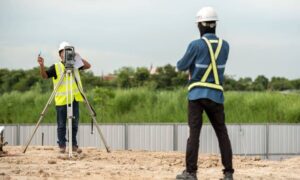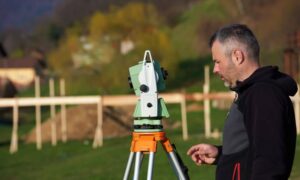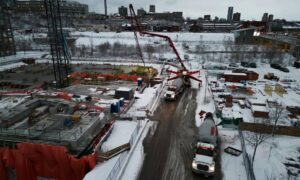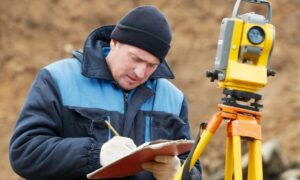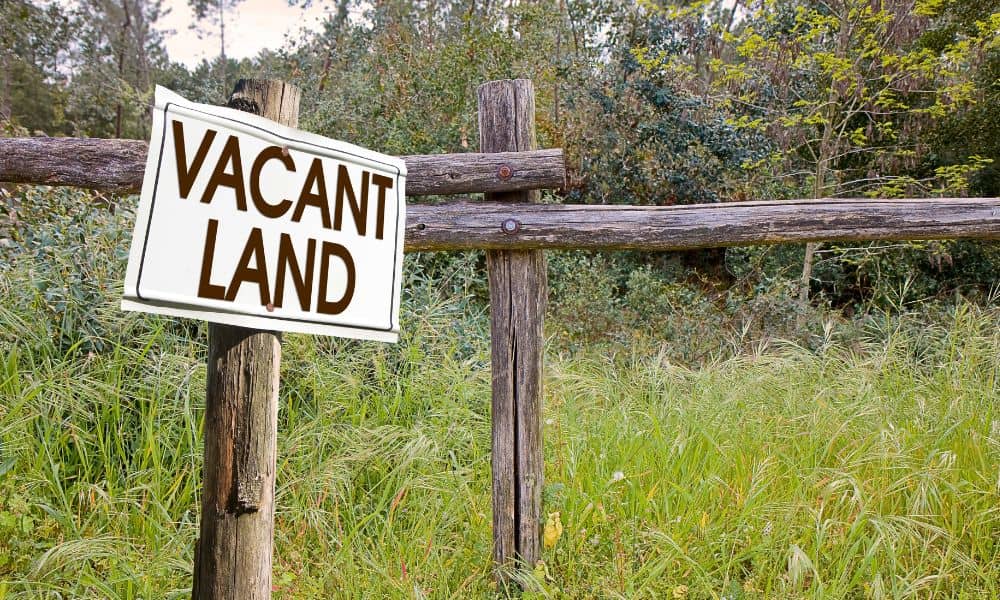
Buying vacant land feels exciting, doesn’t it? You picture building your dream home, setting up a cabin by the woods, or maybe holding on to the land as an investment. But before you rush into signing papers, there’s one thing you can’t afford to skip—the perc test. It’s not something most buyers think about, yet it can make or break your plans. Without it, you might end up owning property you can’t even build on.
What Exactly Is a Perc Test?
A perc test, short for percolation test, measures how quickly soil absorbs water. Why does that matter? If your land doesn’t connect to a city sewer line, you’ll need a septic system. A septic system only works if the soil drains at the right speed.
In St. Louis County, especially in areas farther from the city, many lots don’t have sewer access. That’s why local health departments require a perc test before they issue a permit. Passing the test means you can move forward with your building plans. Failing it could mean costly fixes—or no building at all.
Why Land Buyers Need a Perc Test
Think of the perc test as your reality check before buying. A lot can look perfect on the surface—nice view, good location, even a fair price. But if the soil won’t drain properly, your hands are tied. No septic approval means no home, no cabin, no anything.
In St. Louis, the rules are strict for a reason. A failed septic system isn’t just a headache for you—it can pollute groundwater and affect neighbors. That’s why counties won’t approve construction on land that fails the test. For buyers, this step can save thousands of dollars and years of frustration.
How a Perc Test Works

So how does it actually happen? It’s pretty straightforward:
- A professional digs a few small holes in different spots on the land.
- Each hole is filled with water.
- They measure how long it takes the soil to soak it up.
If the water drains too fast, the soil won’t filter properly. If it drains too slowly, waste can back up. The sweet spot is somewhere in between.
In Missouri, county health departments or licensed engineers usually handle this process. Most tests take just a few hours, and results are ready the same day. Costs vary, but in the St. Louis area you can expect anywhere from a few hundred to over a thousand dollars depending on the property.
What Can Affect Perc Test Results?
Not all land is created equal. Some neighborhoods have heavy clay soil, while others sit on sandy patches near creeks or rivers. A few key factors play into whether a property passes or fails:
- Soil type: Clay is slow to drain, sand drains fast, and loam is usually ideal.
- Slope of the land: Too steep and a septic system may not stay in place; too flat and water can pool.
- Water table level: If groundwater is too close to the surface, there’s no safe way to filter wastewater.
- Nearby water sources: Streams, lakes, or rivers can limit where a septic tank can be installed.
- Season of testing: A soggy spring day might show poor drainage, while a dry summer test could give different results.
This is why having a local professional matters. A surveyor or engineer who knows where problem soils are common and which areas typically pass.
What If the Land Fails a Perc Test?
Don’t panic—failing a perc test doesn’t always mean your dream is over. Here are some options:
- Try another location on the lot. Sometimes moving just a few yards makes all the difference.
- Retest later in the year. Drier conditions can change the results.
- Install an alternative septic system. More advanced systems exist, though they come with higher costs.
- Walk away from the deal. If fixes are too expensive, it may be smarter to find a different property.
The best way to protect yourself is to make the perc test a condition in your purchase agreement. That way, you can back out without losing money if the land doesn’t pass.
Smart Tips Before You Order a Perc Test
Here are a few things every land buyer should keep in mind:
- Ask about past tests. The seller or county might already have records.
- Check zoning and health department rules. Just because the lot looks good doesn’t mean it’s buildable.
- Add a perc test contingency to your contract. Protect yourself in writing.
- Bring in local experts. A land surveyor can guide you through the perc test process and, at the same time, provide a vacant land survey to confirm boundaries and uncover details that could affect your building plans.
These simple steps make sure you know exactly what you’re buying and help you avoid surprises down the road.
Final Thoughts for Buyers
Vacant land offers amazing opportunities, but only if you plan carefully. The perc test isn’t just another box to check—it’s the deciding factor for whether your land can support a home or not. Think of it as your safeguard against hidden problems.
So before you commit to that perfect-looking lot, schedule a perc test. It’s a simple step that can save you from a costly mistake and give you the confidence to move forward. Partnering with trusted surveyors means you’ll get clear guidance on both the test and the property itself—so you know exactly what your land can handle and you’re one step closer to making your vision a reality.

